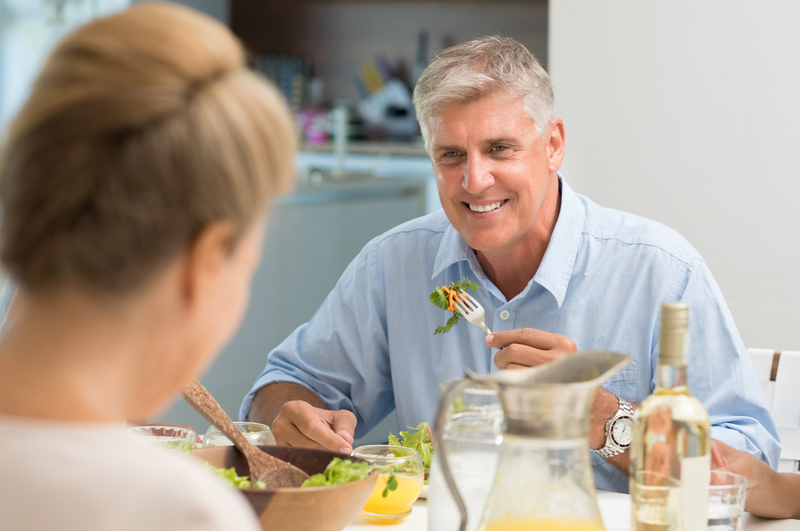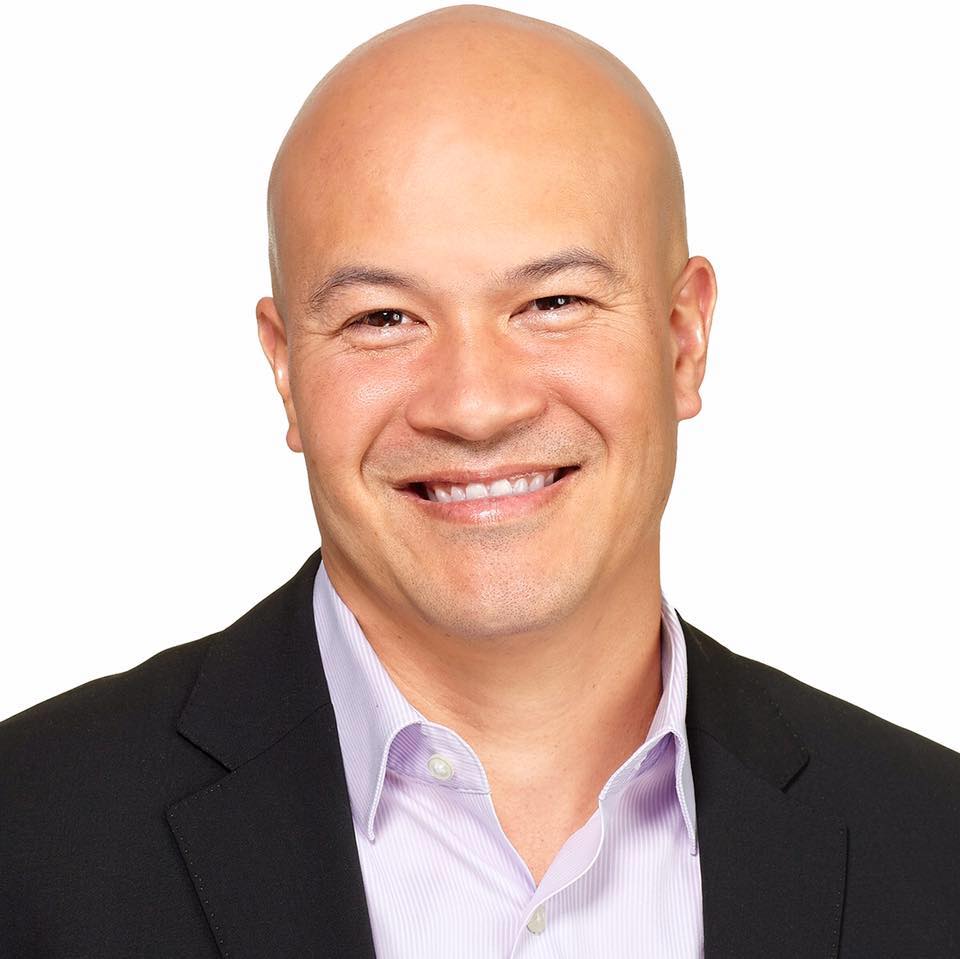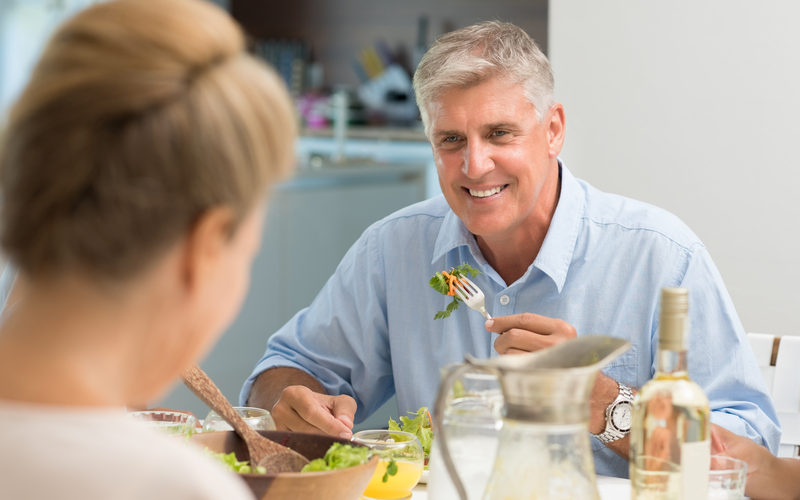 Have you noticed that the older you get, the harder it is to stay at a proper weight?
Have you noticed that the older you get, the harder it is to stay at a proper weight?
Or, has your doctor told you to change your diet because she’s concerned about your blood pressure or your chances of developing diabetes.
Maybe you’ve started pecking throughout the day, rather than following healthy eating plans?
If so, then you’re both very typical of people after age 50 or so – and you’re missing out on a huge element of getting fit or staying fit later in life: nutrition.
As we age, our lifestyles, eating desires, and nutritional needs change. Too often, we ignore making smart choices because they seem like such a drag – an endless list of “do this,” and “stop doing that” instead of an appreciation of how we need to eat right, just like we need to exercise, to maintain our functional abilities and our independence.
“One of the interesting things in working with a lot of older people is the things that they stress,” says nutritionist Angel Planells, who is a national media spokesperson for the Academy of Nutrition & Dietetics. “When I sit with a 102-year-old veteran and I ask, ‘What’s the secret to life?’ It’s like: eating well, being physically active, making sure you get enough sleep, and staying mentally engaged.

“This is a common theme among people as we get older. So this is what I’m trying to advocate now as a health professional.”
An Emphasis on Protein and More
A major example of changing needs is protein. As we age, humans lose muscle mass unless we practice resistance training – and eat enough protein.
“Our body is starting to go through this process of use it or lose it,” Angel says. “As we’re getting older, if we aren’t being active, our muscle mass is going to start to decrease.”
Also:
- Calcium and Vitamin D, which are essential for good bone health. These come from dairy, but also fatty fish, nuts, seeds, eggs, and more.
- Vitamin B – from animal protein and some cereals or supplements
- Fiber
“What works for one person may not work for everyone else,” Angel advises. “We, as a society, want quick fixes. We’d like something to occur very fast. If I want to lose 10 pounds, I’d like to lose it tomorrow.”
An excellent resource for further information is eatright.org of the Academy of Nutrition & Dietetics.
Also, discuss any specific concerns with your doctor or a local nutritionist. We’re here to help you get a handle on the right eating plan for you, too.
Eating right is the most basic form of self-care, along with exercising on a consistent basis. Especially as we head into the holiday season, let’s take a moment to consider our relationship with food, family, fitness and gratitude.
As Jack Lalanne famously said, “Exercise is king, nutrition is queen, and when we put them together, we have quite a kingdom.”
For more with Angel Planells, listen to this Optimal Aging podcast interview.
Holly Kouvo is a personal trainer, functional aging specialist, senior fitness specialist, brain health trainer, writer, and speaker.

